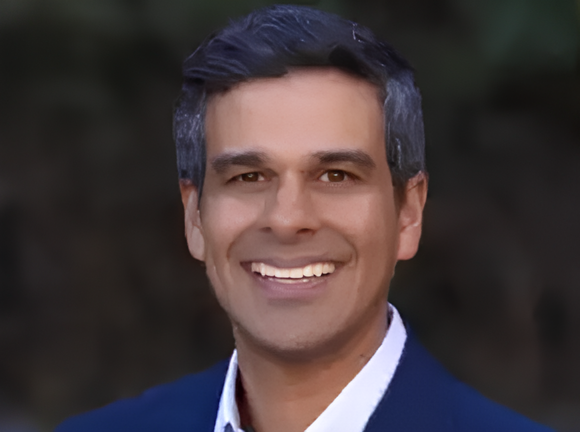
[ad_1]
 Neel Barua, PTC
Neel Barua, PTC Despite the slowdown in the Indian automotive industry, Neel Barua, newly appointed CEO of Nasdaq-listed global software company PTC, which provides product development software to global automakers like Volkswagen, BMW and Toyota, among other companies, said India is right . Now a place to live. This is Barua’s first visit to India since taking over as CEO and global head in February.
He had come to Bengaluru as part of his India tour. Apart from Bengaluru and Pune in India, PTC also has offices in Chennai and Gurgaon.
PTC started in India about 25 years ago as a R&D center in Pune, which is now the company’s largest site and R&D centre.
“We started as an R&D center in India that produced software in the country, not just as a back office. And we made a lot of it,” Barua said in an interview with PTI in Bengaluru. “We have expanded. We will continue to strengthen it.”
Barua said that despite the current setbacks, India will play a big role in facilitating the world economy.
“PTC wants to play a role in supporting that. I think it’s a very important thing for the company’s success,” Baruah said.
He also said that his company is excited to facilitate the trend that is defining the automotive industry at the moment by offering integrated solutions for automobile brands – Software Defined Vehicles (SDVs) so that hardware subsystems that understand and function , closely integrated with the software. ,
“In India, we are working with Tata Motors, TVS Motors and Royal Enfield,” Barua said.
He said the current turmoil in the automotive market – due to the struggle of original equipment manufacturers (OEMs) like Ola to put together a consolidated SDV – is the perfect time for PTC’s expansion in India.
“Such software must have the ability to trace a huge amount of discipline and manage requirements. A feature of our software is that they adhere to the compliance maintained by governments around the world.
“That’s why the demand for them in India has started to be very strong because discipline is required in any situation, even if the regulatory bodies are strong and enforcing them,” Baruah said.
Although 95% of Fortune 500 individual manufacturing companies are PTC customers, the strategy for PTC in India is to focus on areas that allow them to provide real depth in their offerings to customers, he said.
“So, that’s how we will position ourselves. If we get excited too early, because India is a big market, it may not work for us. Our continued investment in India will be on some key sectors like aerospace and defence. Will be focused.” Barua said.
He said, what makes India different from China is its openness to work with other countries.
Baruah said, “I think it’s different from what I see in the Chinese market, which is geopolitically a little more closed to the Western world. But because of the openness, Indian companies are able to expand around the world.” Have been.”
Baruah said, another interesting trend that keeps India ahead is its openness to Global Centers of Competence (GCC).
He said, “Here, we are creating a curriculum with your government support to keep teaching the youth. I think this is creating educational experiences with global brands and the ability to work with global partners. This is a There is a very significant benefit.”
[ad_2]
Source link





![NZ v AUS [W] 2024/25, New Zealand Women vs Australia Women 2nd ODI, Wellington Match Report, December 21, 2024 NZ v AUS [W] 2024/25, New Zealand Women vs Australia Women 2nd ODI, Wellington Match Report, December 21, 2024](https://i3.wp.com/img1.hscicdn.com/image/upload/f_auto/lsci/db/PICTURES/CMS/393400/393416.6.jpg?w=1200&resize=1200,0&ssl=1)




